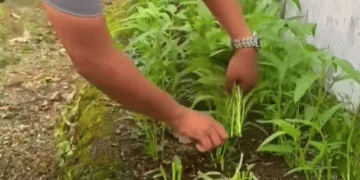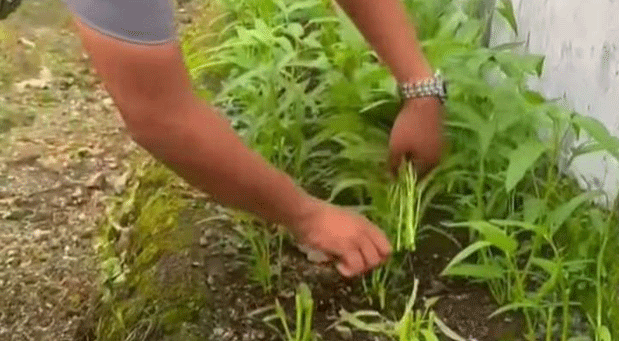In the heart of Sungai Penuh, a small correctional facility is making a big difference—not through punishment, but through planting. The Class IIB State Prison has embraced the Indonesian government’s push for national food security by turning its limited land into productive plots of water spinach (kangkung).
This initiative, while modest in scale, reflects a transformative approach to prison reform, community support, and sustainable agriculture—all rolled into one.
Farming Behind Bars: A Model of Purposeful Rehabilitation
According to Oki Aprianto, Head of Detainee Services at the facility, the vegetable program aligns with the 13 Acceleration Programs launched by Minister of Immigration and Corrections Agus Andrianto under the Asta Cita vision of President Joko Widodo. The focus is on community-oriented corrections, rehabilitation through productivity, and tangible support for national development goals.
Though the prison’s physical space is constrained, the initiative is thriving. The prison staff and inmates work together to:
- Utilize every available plot within the facility for vegetable cultivation
- Prioritize fast-growing and high-yield crops like kangkung
- Ensure zero-waste gardening methods
- Distribute harvested produce to the families of inmates as a gesture of social care and solidarity
This model transforms idle spaces—between walls, walkways, and courtyards—into fertile ground, illustrating that productivity doesn’t need large-scale infrastructure but rather vision and intent.
Vegetable Gardening as a Social Strategy
The Sungai Penuh model goes beyond food production:
- Supports inmate rehabilitation by teaching practical agricultural skills
- Improves family nutrition and reduces stigma by engaging with inmate relatives
- Demonstrates institutional alignment with the broader goals of the Indonesian Ministry of Law and Human Rights
- Promotes urban farming methods that can be replicated in schools, homes, and other institutions with limited space
By supplying food to the families of inmates—who are often economically vulnerable—the project is also reinforcing community ties and easing the burden on household food expenses.
Food Security and Correctional Innovation
Indonesia’s push for food sovereignty includes both large-scale agribusiness and localized, community-driven models like this one. With urban expansion reducing farmland, initiatives that use marginal and institutional lands creatively can play an increasingly important role.
Sungai Penuh Prison’s efforts highlight how agriculture can be integrated into correctional policy, social welfare, and national planning—not as a side project, but as a strategic component.
The vegetable gardens of Sungai Penuh Prison prove that with ingenuity and social commitment, even institutions bound by walls can nurture growth and contribute to national food resilience. More than just a source of nutrition, this initiative is a model for how limited space and constrained contexts can yield meaningful agricultural and societal benefits.































